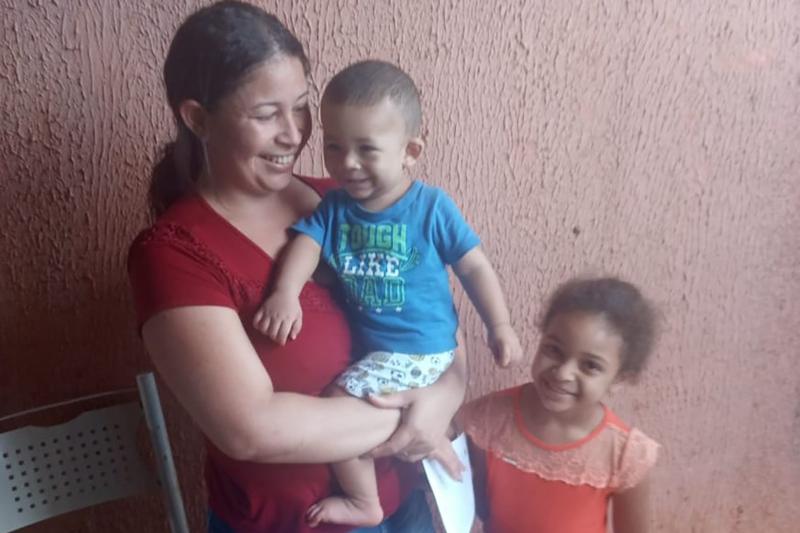Studying system's behaviour and designing interventions for system's change.
We know that many problems in soft systems that are the most difficult to solve, e.g., transition to Net Zero and sustainable development more broadly are rooted in behaviour. Traditionally, the assumption was that if the conditions are right, the behaviour would adjust, however, in messy and wicked problems, such as the context of climate change, if behavioural change is left to the market to solve, it will be too late. To help us design better interventions for accelerated behavioural change, we focus on analysing systems, their structure, boundaries and behaviour, and identifying key pressure points. We also focus understanding why individuals and organisations behave as they do, and investigating why and how gamification works as an intervention, e.g., through longitudinal studies of the impact of interventions, so as to help individuals, organisations and society accelerate transition to sustainable development through better interventions.

Sustainability changing of fashion consumers with gamification
The project aims to use gamification to encourage consumers to extend the lifespan of the clothing they already own and to reduce unnecessary over-consumption of fashion products by consumers, thereby reducing environmental pollution and resource consumption issues in the fashion industry.

Sustainable Transportation in National Parks
This project aims to encourage sustainable transportation in the Lake District National Park through gamification and focuses on the behavioural component of the issue.

Supporting Healthy Ageing at Work (SHAW)
The aim of the study is to design innovative workplace interventions to support the health and wellbeing of mid to later life workers.

Role-playing Brazilian Heroes in impoverished communities
This project focuses on the gamified intervention that aimed at promoting critical thinking and filtering of information in the context of the pandemic and fake news surrounding it in Brazil.

Improving driving eco-performance with gamification
This project seeks to support drivers in improving their eco-driving skills buy encouraging fuel-efficient driving styles. By working with industrial partners, we aim to be able to provide useful metrics that would help identify promising drivers who may wish to continue with a logistics carrier.